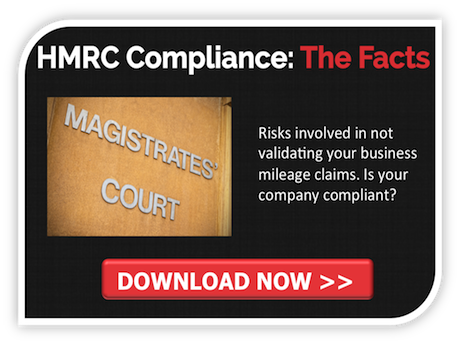HMRC Compliance
 Issues
Issues
- Evidence shows that organisations typically pay out 24.7% more in fuel and mileage expenses than they need to” (The Miles Consultancy)
- “93% of the companies that we’ve looked at rely on unaudited mileage reports and are therefore at risk being caught by a tax investigation” (The Miles Consultancy)
- “40% of the companies have unacceptable mileage records” (Fleet Innovations)
- HMRC have announced that they are taking on an additional 2,500 staff to enable it to carry out Business Record Checks (BRCs) at 60,000 companies between now and 2015
- “HMRC are directing ever-greater resources towards tackling inaccurate business records, including mileage. The current fine for getting it wrong is up to £18,000 per driver – with unpaid taxes also payable on top”. (Fleet Innovations)
- …an incredible statistic from the HMRC is that almost every record they checked over the past 12-18 months has been reported to have contained inaccuracies” (Sandcliffe Motor Contracts)
Solution
There are two steps in solving the problem. The first is to collect adequate records. According to The Miles Consultancy, employers “… need to be able to show that your business collects sufficient details on business journeys. That means recording the date and purpose of the trip, and the start and finish points and accurate mileage”.
The second is to audit the records (and correct them if necessary) to ensure that they do not contain rounded up journeys, or 'phantom' journeys.
Benefits
- Reduced the risk of HMRC fines associated with inaccurate business mileage claims
- Ensure legislative compliance relating to Road Related Road Safety (INDG 382) and Lone Worker (INDG 73)
- Cost saving with a reduction in inaccurate business miles, overtime, administration costs and speed related fuel savings
- Duty of Care and Compliance in accordance with HSE Directives
- Improve employee management – timesheet, overtime, invoice validation as well as monitoring movement via vehicle either driven, public transport or on foot


